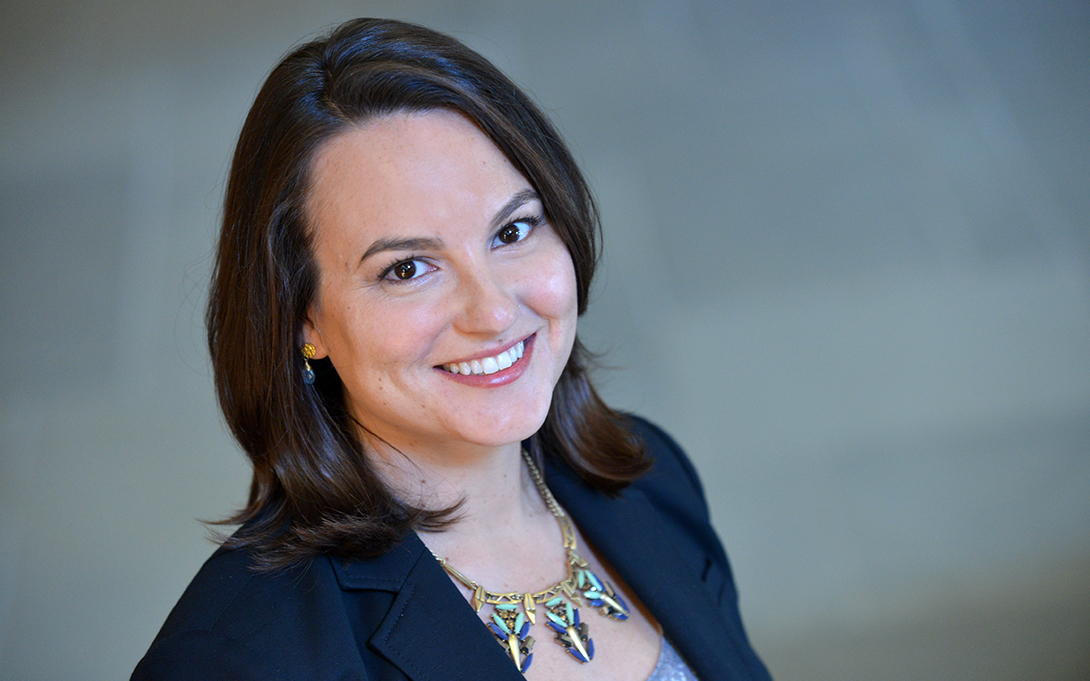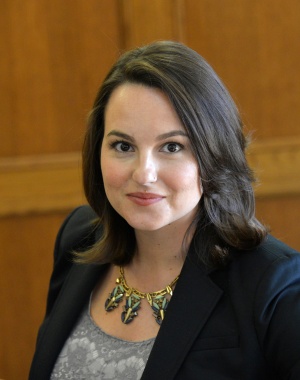
The Graham Sustainability Institute’s Carbon Neutrality Acceleration Program (CNAP) announced a series of projects chosen for an initial round of funding, each with dramatic potential to help reduce net carbon emissions. The multi-year, multi-million dollar program was created in 2020 with a $5M gift from anonymous donors.
“I congratulate the U-M researchers of the CNAP teams whose exciting projects apply multidisciplinary problem-solving to the challenge of climate change,” said President Mark Schlissel. “The CNAP program is a tremendous example of what we can contribute as a comprehensive public research university, with the generosity of our donors supporting efforts that have enormous potential to help address an urgent societal problem.”
Raimi was among seven 1-2 year projects totaling $1.75 million chosen from among 37 proposed projects involving 105 U-M faculty and researchers. The projects selected address energy storage, carbon capture and sequestration, public opinion, behavior and equity.
Building on prior research on message framing, Raimi and her colleagues will test messaging related to low-carbon policies. They hope to create a set of best practices for journalists, policymakers, and climate advocates to present this vital aspect of climate change.
“We are grateful to the donors and thrilled to be in a position to support faculty across U-M as they blaze much-needed trails to carbon neutrality,” said Jennifer Haverkamp, Graham Family Director of the Graham Sustainability Institute and co-chair of the President’s Commission on Carbon Neutrality. “We expect these projects will have a major impact—both on future research and in real-world applications.”
Given the urgency and complexity of reaching carbon neutrality, this funding round leveraged the breadth of expertise across U-M, supporting interdisciplinary projects on a spectrum from technological to social. The projects aim to reduce carbon emissions in agriculture, develop cost-effective thermal energy storage, lower the carbon footprint of U-M student diets, promote equitable heat electrification, and influence perceptions around climate change and carbon neutrality-related issues.
Raimi's project description
Could evoking empathy for the victims of climate change spur Americans across the political spectrum to act to reduce its causes?
To galvanize public support for climate action across the U.S. political spectrum, researchers, advocates, and journalists are increasingly focusing on how climate change fuels migration. But early research suggests this approach may backfire: Linking climate change to international immigration has been shown to fail to promote climate policy support and may also, inadvertently, increase anti-immigrant sentiments.
This research team, who conducted the preliminary research cited here, will build upon their past work to explore different framings of climate migration, seeking framings that will translate into support for low-carbon policies. In addition, the team will examine how diverse segments of the American public uniquely react to these messages. By testing ways to flip the harmful effects demonstrated in their pilot studies, the researchers hope to create a set of best practices for journalists, policymakers, and climate advocates to present this vital aspect of climate change.
“The Promise and Risks of Framing Climate Change as a Migration Issue” | Kaitlin Raimi, Ford School of Public Policy (PI); Julia Lee Cunningham, Ross School of Business; Nathaniel Geiger, Indiana University; Ash Gillis, Pennsylvania State University; Melanie Sarge, Indiana University
Parts of this story were authored by the Graham Sustainability Institute. Read about the other grantees in the University Record.
